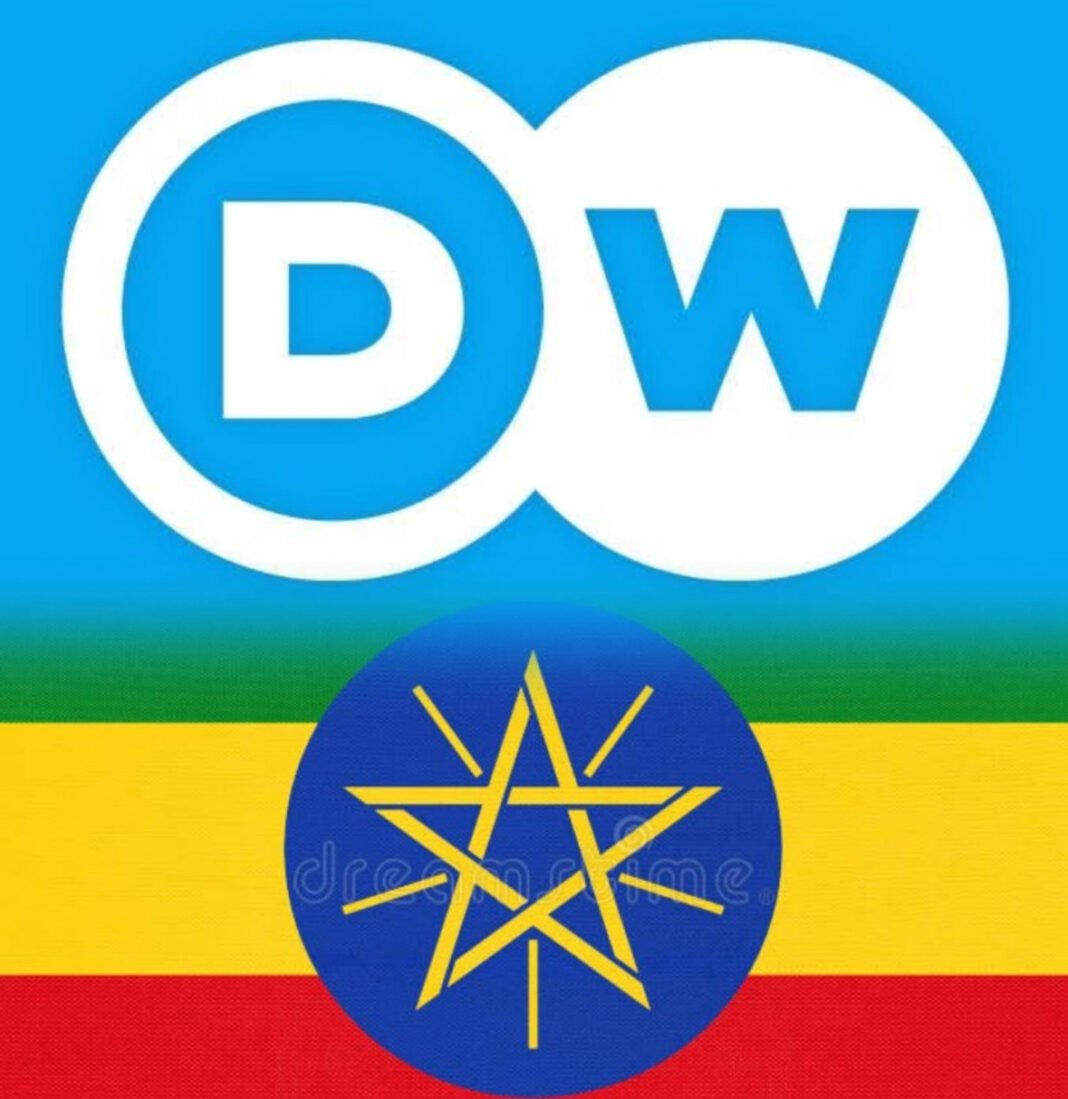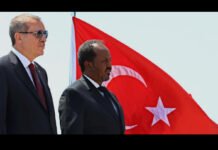By HAN News Desk
ADDIS ABABA – Ethiopia has reportedly closed multiple offices of Deutsche Welle (DW) across the country, following a recent broadcast that drew the government’s ire. The broadcaster had aired reports highlighting the advance of armed groups in the Tigray region, claiming they had taken control of several towns and were challenging federal government forces.
According to sources within the media sector, the Ethiopian authorities ordered the immediate closure of DW offices and revoked the station’s operating licenses across the nation. Officials cited concerns over “irresponsible reporting” and alleged that the broadcasts undermined national security and public order.
DW’s reporting had described how armed groups in Tigray, commonly referred to as the Tigray People’s Liberation Front (TPLF), were reportedly making significant territorial gains in the ongoing conflict, raising alarm both domestically and internationally. The reports included on-the-ground updates from affected towns, interviews with residents, and coverage of humanitarian challenges stemming from the clashes.
Ethiopian government statements indicate that the closures are part of a broader effort to regulate foreign media in the country, especially outlets that report on sensitive political and military developments. The move has sparked concern among international media watchdogs, who warn that such actions threaten press freedom and restrict independent reporting in Ethiopia.
Media analysts say the closure of DW offices may further limit coverage of the Tigray conflict within Ethiopia, creating an environment where information is tightly controlled by state authorities. This comes at a time when the international community is closely monitoring the humanitarian and security situation in the northern regions of the country.
DW has not yet issued a public response regarding the revocation of its licenses, but the broadcaster has historically faced challenges in reporting from conflict zones, balancing journalistic coverage with the legal and political risks in host countries.
Observers warn that the shutdown could exacerbate tensions between Ethiopia and international media organizations, and may lead to increased scrutiny from foreign governments and human rights groups regarding freedom of the press in Ethiopia.





